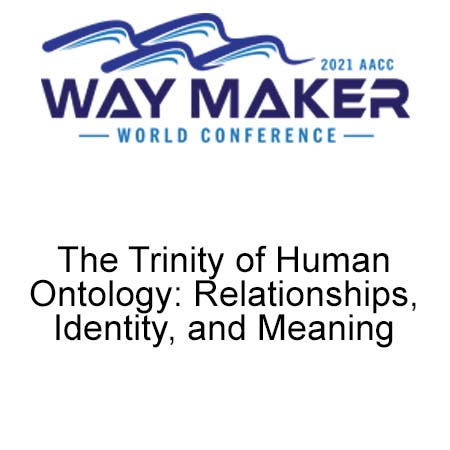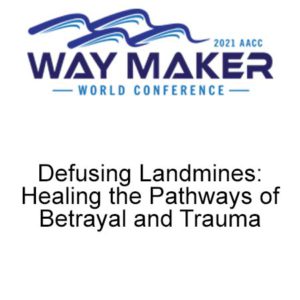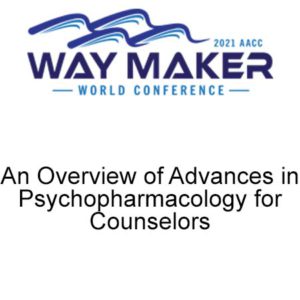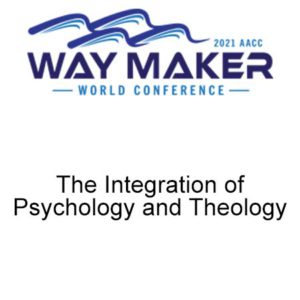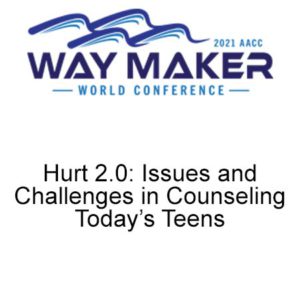Description
704: The Trinity of Human Ontology: Relationships, Identity, and Meaning
Megan Clunan, Ph.D.
Montreat College
310 Gaither Cir.
Montreat, NC 28757
Summary
The postmodern, post-Christian, and individualistic culture we find ourselves in has created a void of relationships with reverberating consequences. Through the loss of relationships, individuals lose the ability to truly know themselves. One knows oneself through relationships, as they inform us of who we are in the face of crisis, challenge, success, fear, hope, and more. A person knows he or she is selfish, kind, or capable because person-to-person interaction informs one of such. Postmodern culture tells us we need to “leave it all behind to go find ourselves” when, in reality, Scripture states, “… we need to remain connected to find ourselves” (Prov. 27:17; Ecc. 4:9-12; Jn. 13:34-35; Jn. 15:1-17; Eph. 4:2; Heb. 10:23-25). Should we lose relationships, as perpetuated within our postmodern, post-Christian culture, we will lose ourselves. To be human requires relationships, identity, and meaning—a trinity exemplified by God the Father, Jesus Christ the Son, and the Holy Spirit. By discussing the insights of Phillip Reiff, Jamie K. Smith, C.S. Lewis, and others, in conjunction with psychology and Christian theology’s integrative understanding of humanity, human ontology will be addressed regarding the aforementioned trinity.
Learning Objectives
Participants will:
• Discuss the Trinitarian foundation of relationships, as the model for living as healthy people in the world can help a licensed mental health professional with faith-based clients
• Identify ways in which relationship, identity, and meaning are inextricably intertwined
• Develop strategies for reciprocating self, wherein relationships create identity and meaning for the self and others

